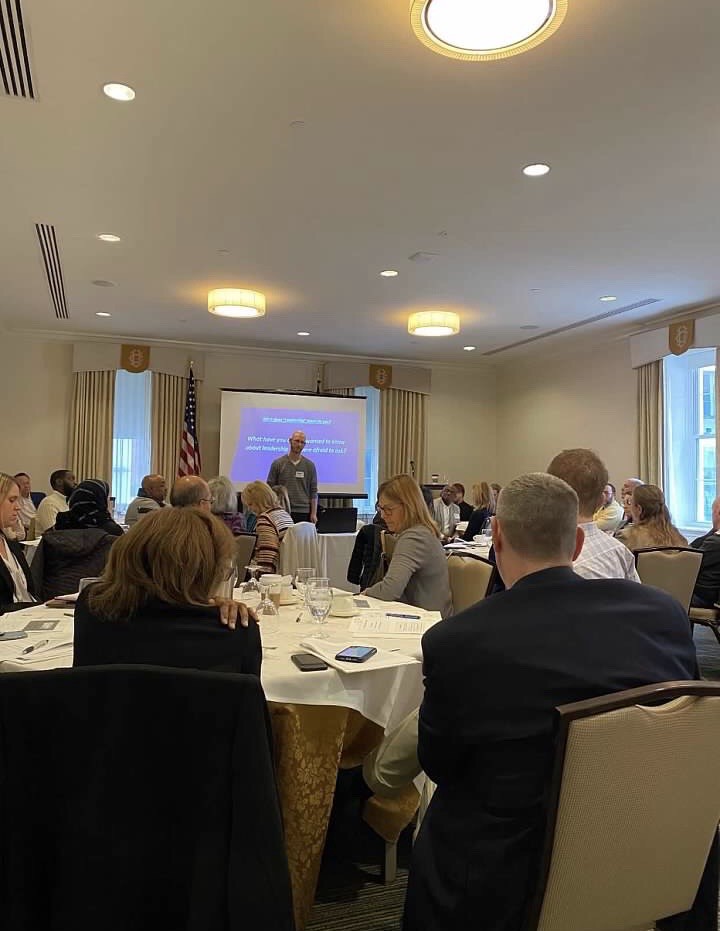“Michael, how do we win back the Senate?”
The Governor sat just a few feet to my left. A tall man with a booming voice, his question shook my head due to its deep tone, the lack of alcohol that morning, and the excessive amounts I’d taken in the night before.
That morning, I was at the Governor’s mansion, having breakfast with the Governor himself, as well as the Senate Democratic Leader, the Speaker of the House, and the campaign committee leaders from both the House and Senate caucuses.
For context, I had been the Executive Director of the Senate Democratic Campaign Committee in Washington state for nearly two years. The previous November, we had lost one seat in the Senate, and on paper, we still had a 26–23 majority. However, the reality of two renegade Democratic Senators choosing to caucus with their Republican colleagues had stripped the party of control of the chamber. To make matters more painful, the deciding race that gave our political adversaries this power was lost by 73 votes.
I had overseen the campaigns during those races. While the results were disappointing, I heard that they were nonetheless happy with my job performance, admired my political acumen, and thought I was the best person to lead the Senate Democratic campaign wing forward in our fight to win back control. So this breakfast with the Governor and our House counterparts began the conversation about how exactly we would win.
Less than three weeks later, I found myself in inpatient treatment, where I read in the Seattle Times about the criminal investigation launched to examine my theft of over $250,000 of funds from the campaign committee.
The story spoke about my addictions to alcohol and gambling — addictions that sucked up every penny of those stolen funds. It’s complicated reading the news when you’re the subject — it’s challenging to stand back and look objectively. But, as time went on, and I’d read numerous articles published ahead of my eventual conviction and incarceration, one thing became clearer. To process this experience and begin the process of building a new future, I would have to show up from a place of responsibility.
Nine months later, I stood in a courtroom in Seattle and took responsibility for my theft.

For years, I had hidden in the shadows, not ever wanting to see what I was really producing. Instead, I chose, unknowingly at the time and so clearly in retrospect, to live a life that put me out of myself. I wanted the world to see the fiction I was creating, not the reality of what I was doing. And this all stemmed from my unwillingness to be responsible for myself.
Assigning blame to my substance use and gambling and holding them accountable for what I had done was not going to cut it. I could not see my true self or invite others to see me if I was going to hide behind my addictions. So as my lawyer crafted my defense, I consistently offered him the feedback that everything said publicly had to put me squarely in a position of responsibility.
Taking Responsibility
By taking responsibility for my actions, I felt powerful — even as I was placed in handcuffs and escorted into the King County Jail.
After I was released from prison, I began seeing the responsibility internalized under the media spotlight manifesting in my daily leadership practice. Encouraged by a leadership program, the impact of responsibility on my life became more evident each day. As a result, I began engaging in regular leadership coaching and training, and I started taking responsibility for my desire to have an impact on communities and issues I was passionate about.
Recently, I found myself facilitating leadership training for recovery coaches. I was engaging in a beautiful back and forth with a powerful leader whom I’ve known for some time. During the conversation, she began discussing her desire to be recognized for her contributions — to be seen.
Facilitation and training are centered on deep and intentional listening. Not just hearing what people are saying but seeing how they choose to show up. Often this means listening for things that are left unsaid. To lead these discussions, I must show up from a place of responsibility — embracing the responsibility to listen and hear what is said and not said. And the individual with whom I was speaking was also showing up from a position of responsibility.

Embracing Responsibility
By embracing what they were contributing to their results — showing up with a desire to be seen by others — they were being “seen” by everyone in the space.
“I see you,” I told her.
By standing in a place of responsibility, I could honestly see them and what they were contributing. Similarly, taking responsibility for my own results — showing up with a deep and abiding interest in the amazing leaders I train — serves as an invitation for others to see me.
By standing in our contributions, our vision becomes clear enough to delineate what others are producing versus what we are producing. We can be present with others because there is a boundary between what each of us individually contributes. We become a stronger collective with that boundary so clearly defined and honored. We produce collective success because we are all individually responsible.
If I’m not taking responsibility, I’m asking the world to see me for what I’m not. We can never see when we aren’t standing in our own truth.
Standing in a place of responsibility allows us to truly see, own, and utilize our gifts and talents. Likewise, it creates space for us to own what we don’t know and embrace the fact that we don’t know.
By being responsible, we open ourselves to seeing the gifts of others and how they align with our own gifts. When we show up from a place of responsibility, the things we don’t know become not an excuse for powerlessness but an opportunity for someone else to embrace their own leadership.
We become powerful by being responsible and honestly seeing ourselves and others. We dramatically increase our choices because we can accurately see our options. We gain our freedom, we gain capacity, and we increase our impact.
But most importantly, we begin to see. At the root of our human endeavor is the desire to be seen — by colleagues and loved ones. By standing in a place of responsibility, shedding the disempowering narratives of blame and shame, I allow myself to truly see and open an entirely new world of possibilities.
About the Author
Michael King is the Managing Principal of Impact Leadership Training & Coaching and the Director and Creator of The Communities Project.



